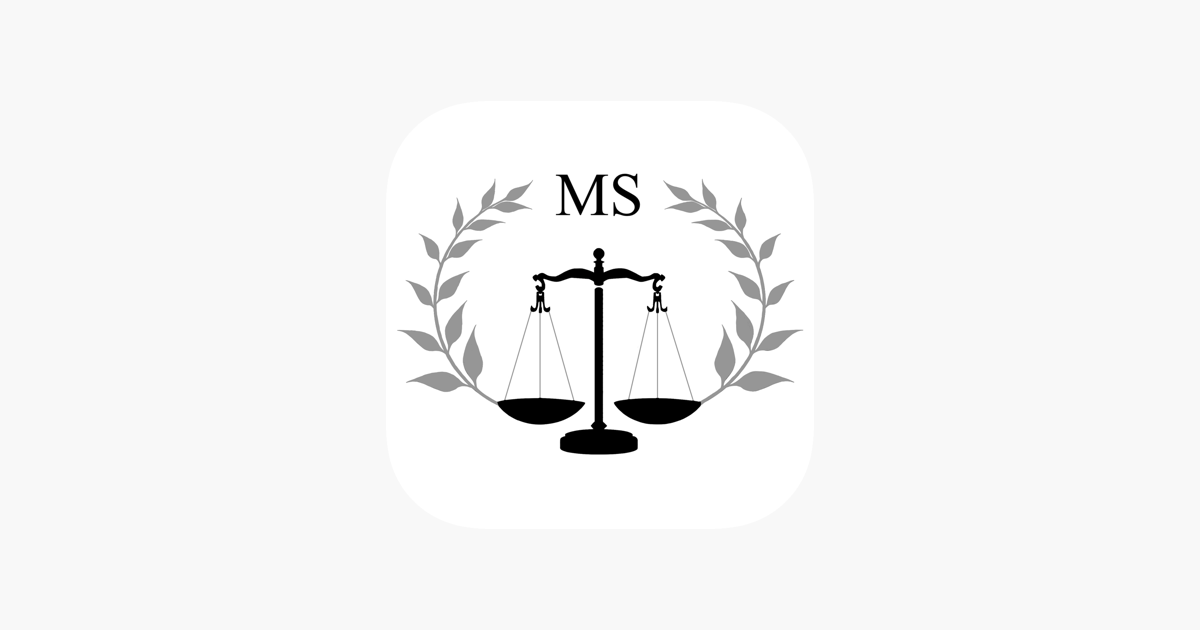Key Points of Mississippi Family Law
In Mississippi, family law is a set of regulations that encompass various legal matters impacting families and individuals alike. In order to meet the different demands and situations that families experience, the law covers everything from divorce to child custody. The knowledge of such laws would be helpful in making accurate decisions during those tough times in life when you need it most. Whatever the case – divorce or custody or adoption – it pays to tread carefully through this maze of legal rules.
Key Areas of Family Law in Mississippi

Mississippi family law has key areas that are important to know. Here are the main aspects:
- Divorce: The legal process of dissolving a marriage, which includes addressing property division, child custody, and support.
- Child Custody: Determining where children will live and how decisions will be made regarding their welfare.
- Child Support: Financial obligations that parents have towards their children following a separation or divorce.
- Spousal Support: Payments made from one spouse to another after divorce, based on financial need and other factors.
- Adoption: The legal process of establishing a parent-child relationship between individuals who are not biologically related.
- Domestic Violence: Legal protections and procedures for victims of domestic abuse.
Navigating Divorce Proceedings in Mississippi
Divorce may sound horrible, but knowing the steps makes it easier to handle. The following is a typical breakdown on how divorce is done in Mississippi:
- Filing for Divorce: One spouse must file a petition for divorce in the appropriate court. Mississippi recognizes both fault and no-fault grounds for divorce.
- Service of Process: The other spouse must be formally notified of the divorce filing.
- Response: The spouse who received the petition must file a response within a specific time frame.
- Mediation: Many couples are encouraged to participate in mediation to resolve disputes amicably.
- Trial: If mediation fails, a trial will determine the terms of the divorce, including custody and support.
Keep in mind that in the process of guaranteeing your rights you need to see a family lawyer. They may also help you with understanding what laws apply for your personal situation and assist you through the complications of the case.
Child Custody and Support Guidelines
In Mississippi, child custody is maybe the most intense and essential part of family law. The state’s policy is that all decisions regarding custody ought to serve the best interest of the child. When you understand what these types of custody are like and how to go about seeking support you’ll see a world of difference in getting your kid’s needs fulfilled after separation.
Mississippi has two main categories of custody:
- Legal Custody: This grants a parent the authority to make important decisions about the child’s life, including education, healthcare, and religious upbringing.
- Physical Custody: This determines where the child will live primarily and who will take care of them on a day-to-day basis.
Mississippi courts tend to favour custodial arrangements that are joint which permits both parents be involved in their child’s development however if the interest of this child would require such then it is never given.
When it comes to child support in Mississippi, there are certain guidelines that have been established based on the income of the non-custodial parent so that the child’s needs are met financially. This financial assistance might encompass:
- Basic living expenses
- Healthcare and medical costs
- Educational expenses
The rights and responsibilities of both parents have to be understood in this regard, considering that both of them are expected to help in the well-being of the child.
Property Division During Divorce
Asset division in divorce cases can be an arduous and sometimes bitterly fought out process. The laws on property division in Mississippi are based on the idea of equitable distribution, which implies that properties would be shared justly, but not always evenly. This makes it necessary to comprehend how marital property differs from non-marital property because it’s critical for the latter to stay unperturbed during this process.
Marital property comprises the possessions obtained in the course of wedlock, while separate property is made up of possessions possessed prior to wedding or acquired through donations or inheritances. This is how it usually goes down when dividing up assets:
- Identification: All assets and debts are identified and classified as marital or separate.
- Valuation: The next step is to determine the fair market value of the marital property.
- Distribution: Finally, the court will decide how to equitably divide the marital property based on various factors, including:
- The length of the marriage
- The contribution of each spouse
- The needs of each spouse
These things understood may aid in simplifying the process as well as ensuring equitable asset distribution. Another thing is that the idea of seeking for legal counsel will not only make things clearer but also protect one’s interests in difficult moments like these.
Spousal Support Considerations
Alimony, also known as spousal maintenance, plays a significant role during divorce proceedings in Mississippi. This monetary assistance is meant to enable the less affluent partner to uphold a decent life after separation. Getting familiar with what affects spousal support can empower you to engage in effective discussions with the attorney.
There are many important aspects that Mississippi courts take into account when deciding on alimony:
- Duration of the marriage: Longer marriages may result in higher support amounts.
- Financial needs: The court evaluates the receiving spouse’s financial needs and the paying spouse’s ability to pay.
- Standard of living: The goal is to maintain a standard of living similar to what was enjoyed during the marriage.
- Contributions to the marriage: This includes both financial contributions and non-financial support, such as homemaking and childcare.
Spousal support could be temporary or permanent depending on the circumstances surrounding the decision. Caution must be observed when dealing with this issue as it can tremendously affect one’s financial destiny. By understanding your rights and obligations about spousal support better, you will find it easier to deal with this part of your divorce.
Adoption Processes in Mississippi
A family can be made in many ways but adoption is one of the most beautiful. Couples desiring to adopt may consider different means in Mississippi. Although adoption procedures may seem complicated, knowing what to do makes them easier. It’s important to know the rules whether you want to adopt through the foster care system or through a private process.
In this regard, Mississippi state’s adoption process has the following key stages:
- Decide on the Type of Adoption: Options include agency adoptions, private adoptions, stepparent adoptions, and foster care adoptions. Each has its own requirements and processes.
- Complete a Home Study: This is a detailed assessment of your home, background, and readiness to adopt. It typically involves interviews, background checks, and home visits.
- Match with a Child: Once approved, you will be matched with a child based on compatibility and readiness.
- Legal Procedures: This involves filing a petition for adoption with the court. A hearing will be scheduled to finalize the adoption, where the judge will grant the adoption if everything is in order.
- Post-Adoption Support: Many agencies offer support services to help families adjust after the adoption is finalized.
The guidance of a seasoned attorney or an agency that specializes in adoption is recommended for you to successfully go through this fulfilling venture. This is due to the fact that every journey towards adoption is distinctive and having some assistance can be everything.
Frequently Asked Questions about Mississippi Family Law
When dealing with personal situations, family law can bring forth numerous uncertainties. A few examples of questions that people usually ask concerning the Mississippi family law include:
| Question | Answer |
|---|---|
| What are the grounds for divorce in Mississippi? | Mississippi recognizes both fault and no-fault grounds for divorce, including irreconcilable differences. |
| How is child custody determined? | The court considers the child’s best interests, including factors like parental involvement and the child’s wishes. |
| What factors affect spousal support? | The duration of the marriage, financial needs, and standard of living during the marriage all play a role. |
| Can I modify child support or custody agreements? | Yes, modifications can be made if there’s a significant change in circumstances. |
| How long does the adoption process take? | The timeline can vary widely depending on the type of adoption and specific circumstances, often taking several months to a few years. |
In the case of more precise inquiries, it is usually advisable to talk with a family lawyer who can provide you with tailored advice depending on your own situation.
Conclusion on Mississippi Family Law Insights
It is crucial to learn about family regulations in Mississippi if you are experiencing major life events such as separation, child custody conflicts, or becoming parents through adoption. These laws aim at safeguarding the welfare of families and children while guaranteeing equity and righteousness. By getting acquainted with important areas of family law such as juvenile guardianship, possessions distribution and nurturing courses, one can manage these intricate circumstances with greater assurance.
Bear in mind that all families vary, hence, legal issues do not have standard solutions. A good family lawyer can provide tailored assistance and support. Realizing your rights and alternatives can enable you to make educated choices for a happy tomorrow with your family.


